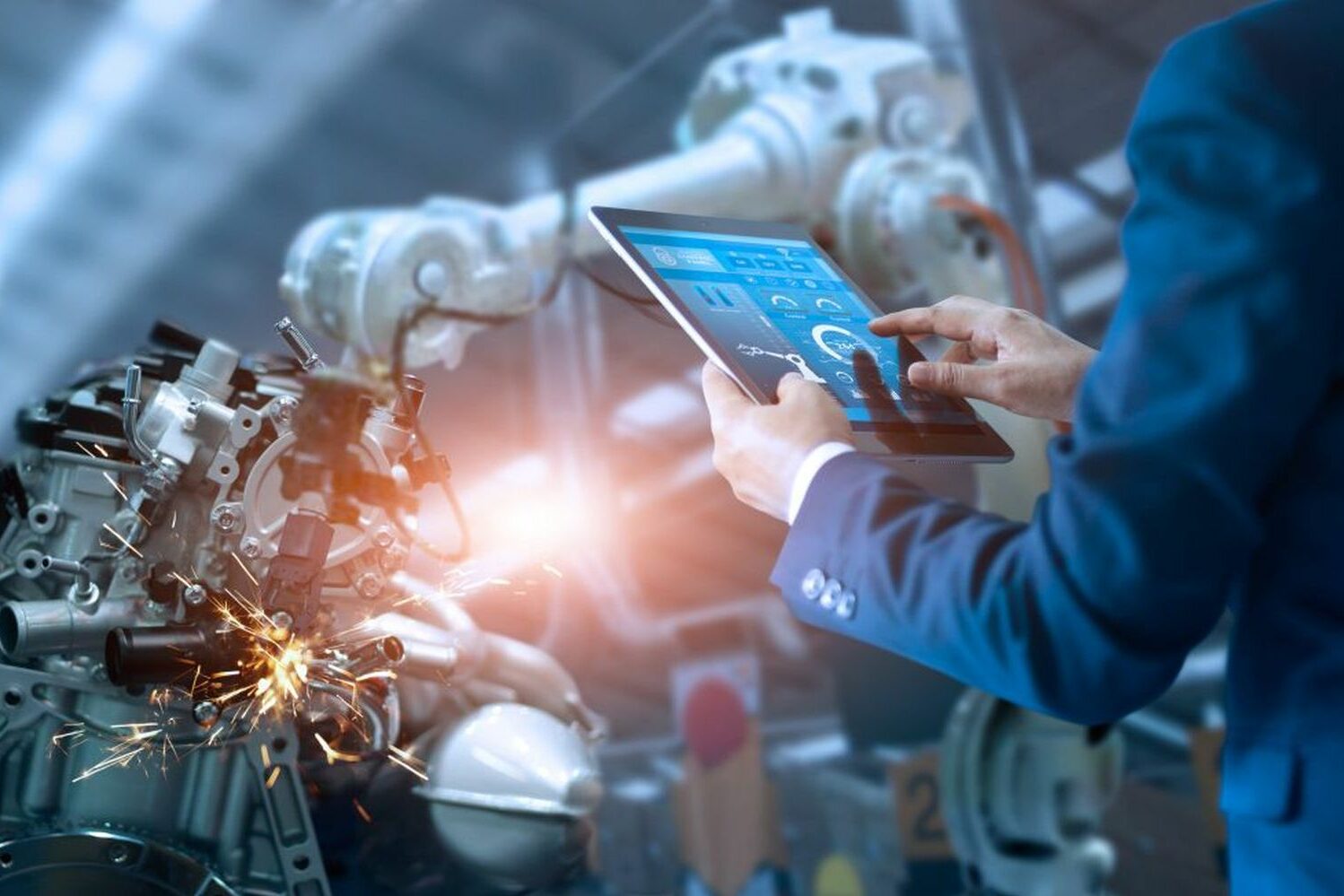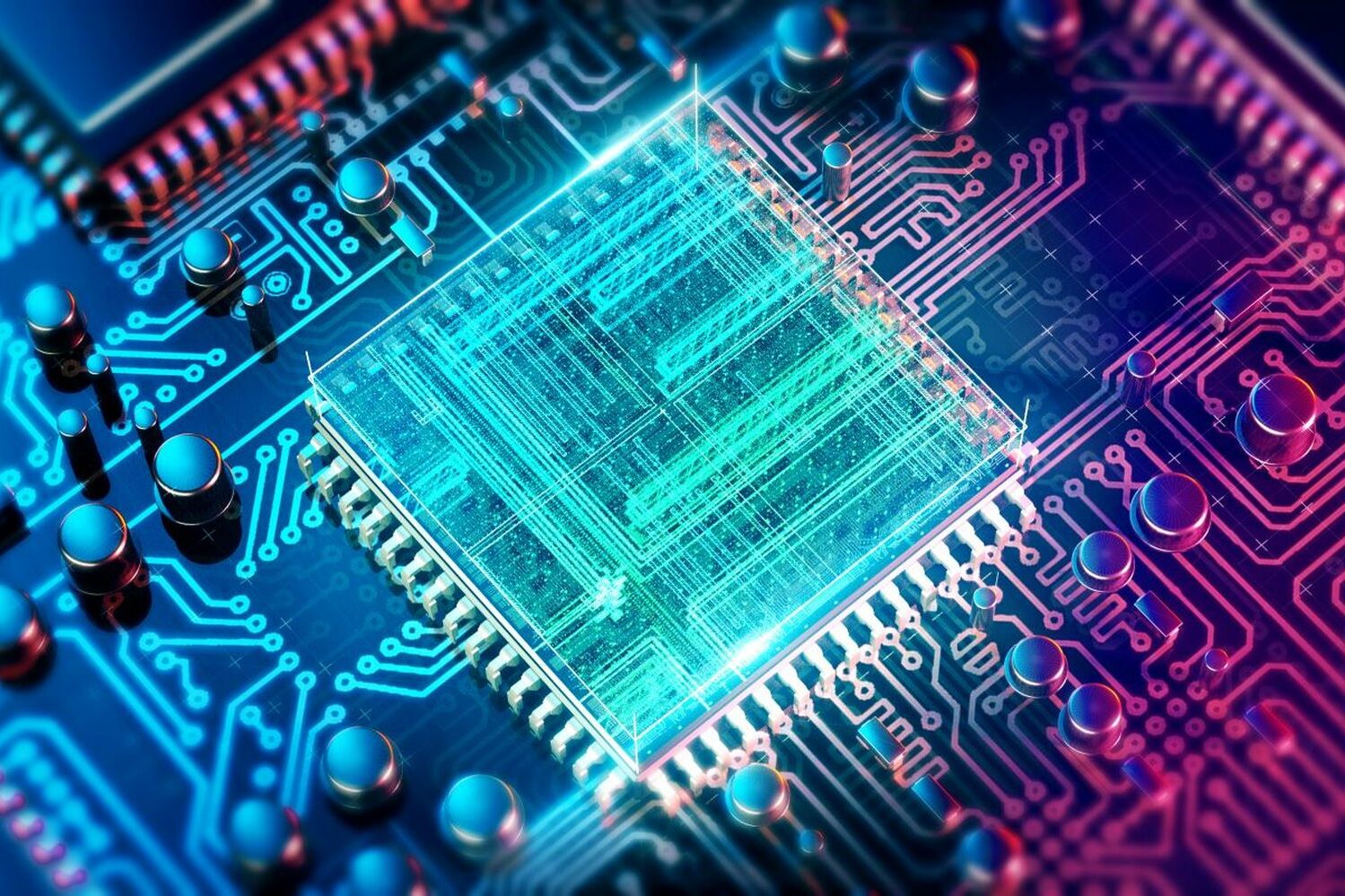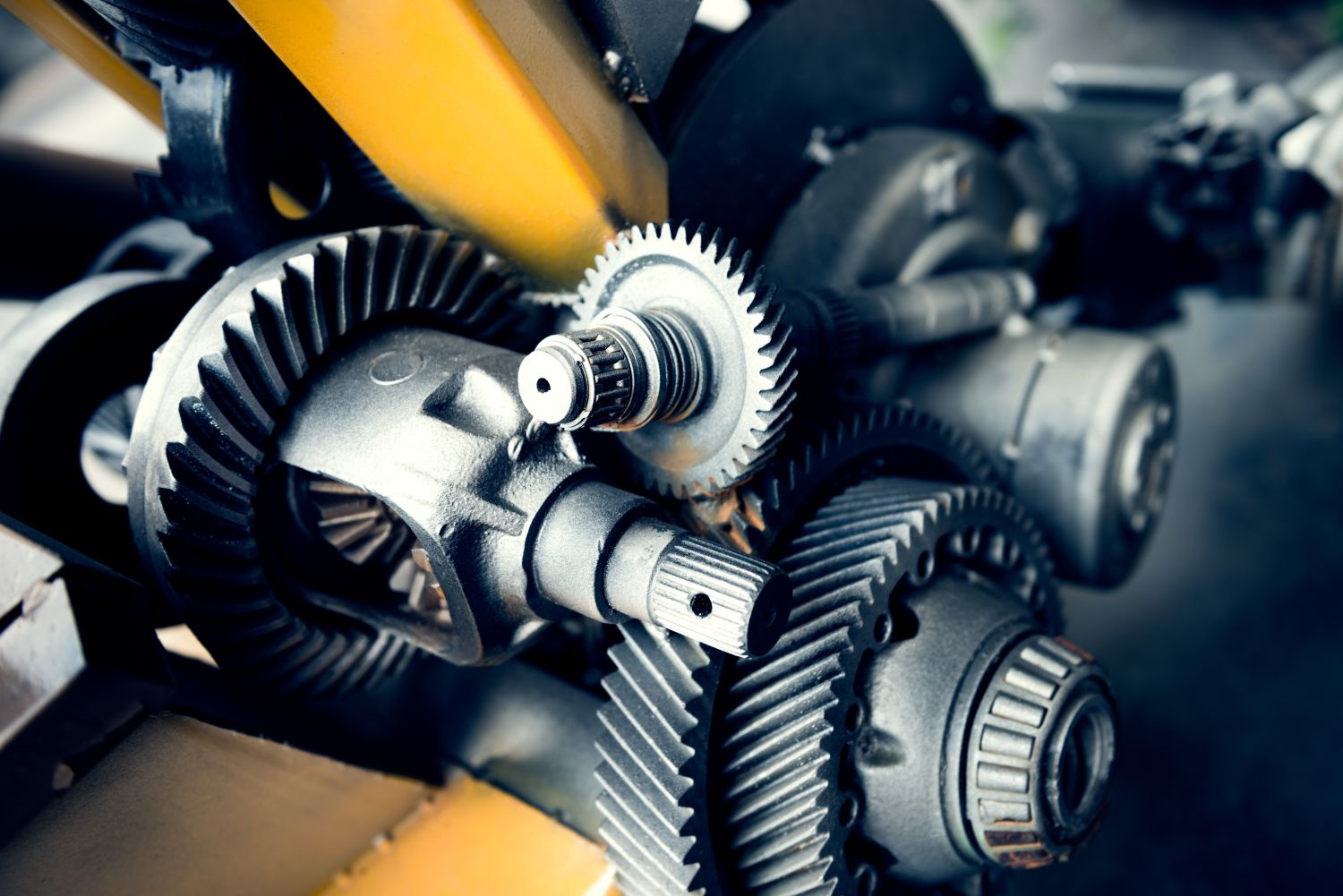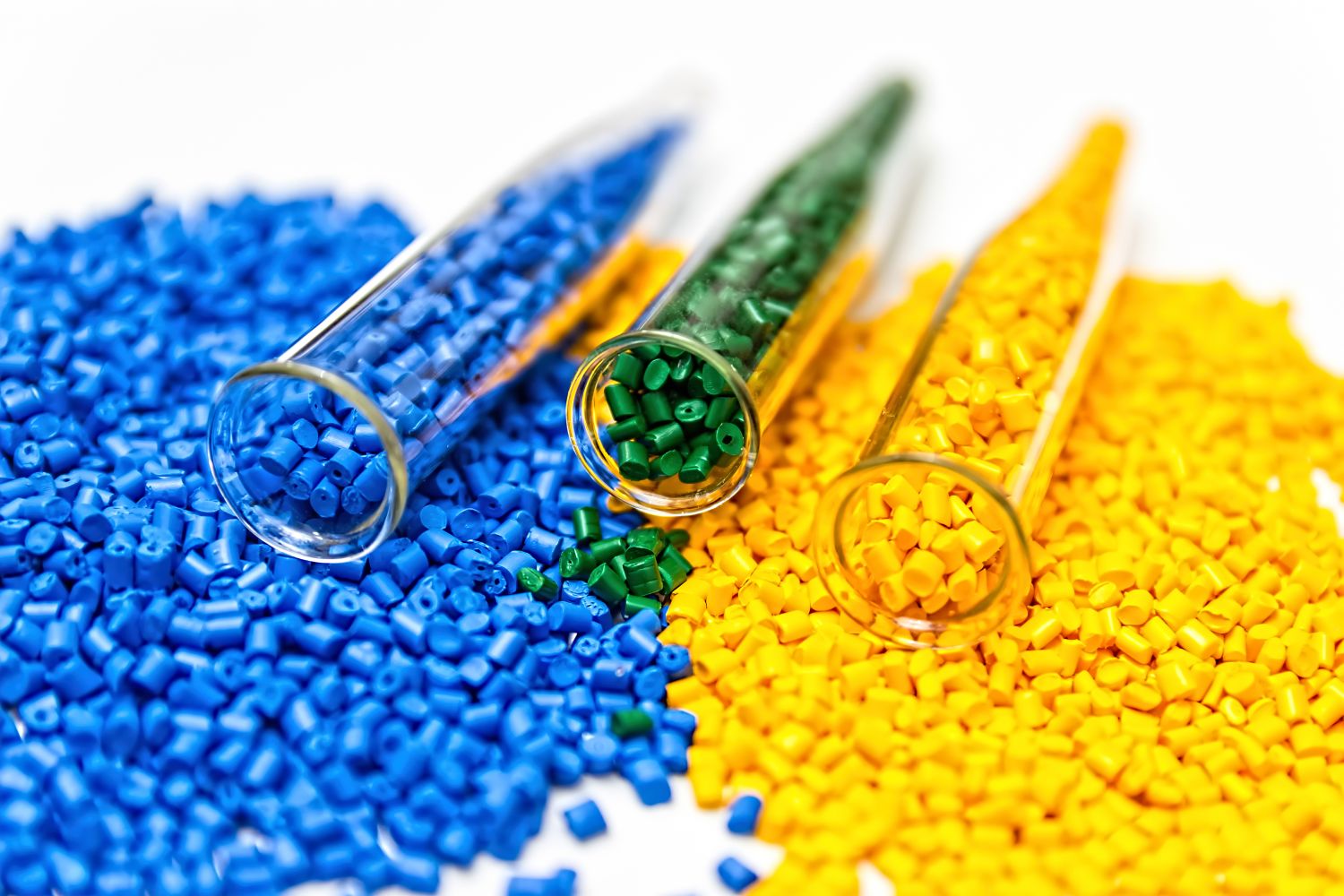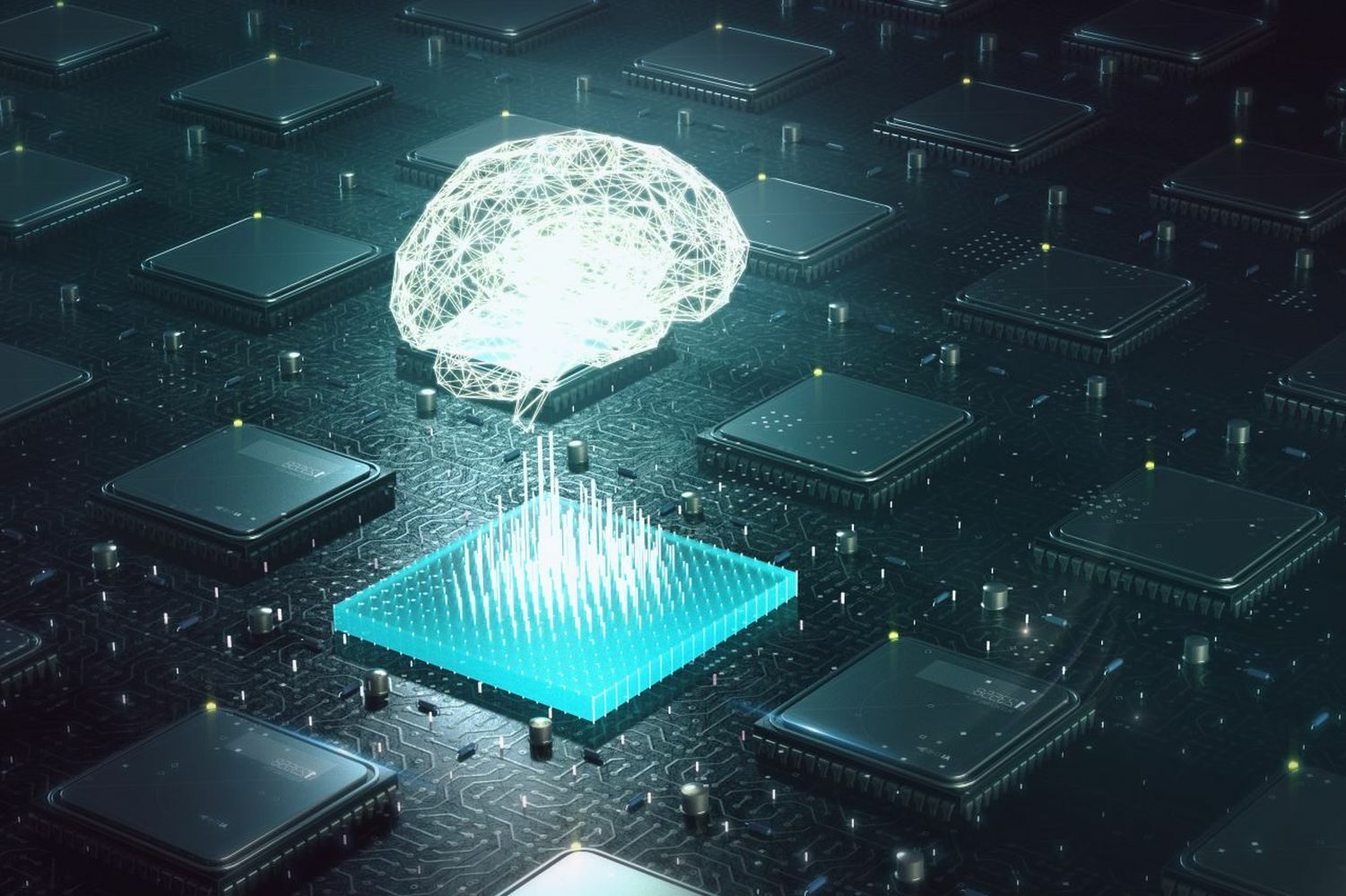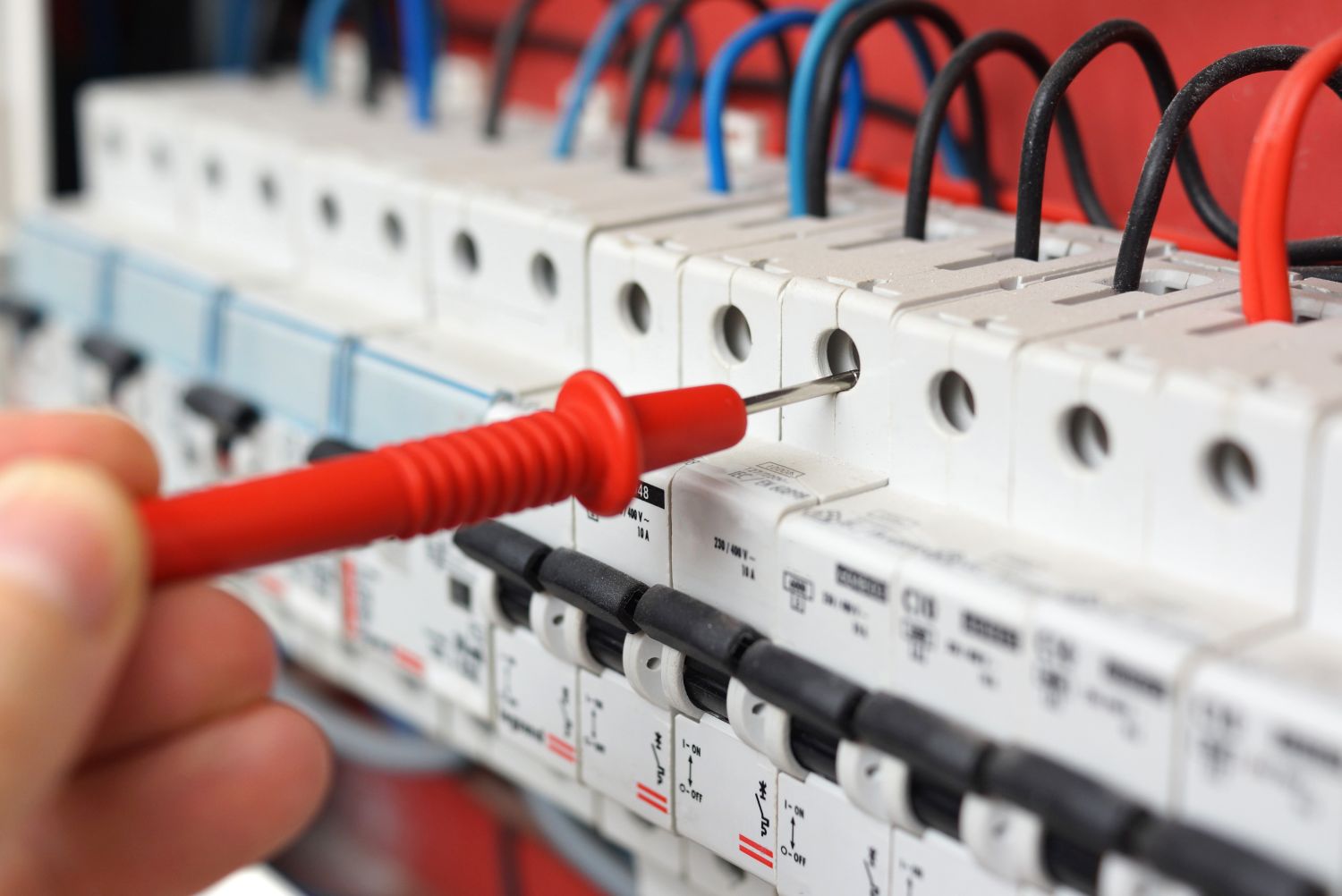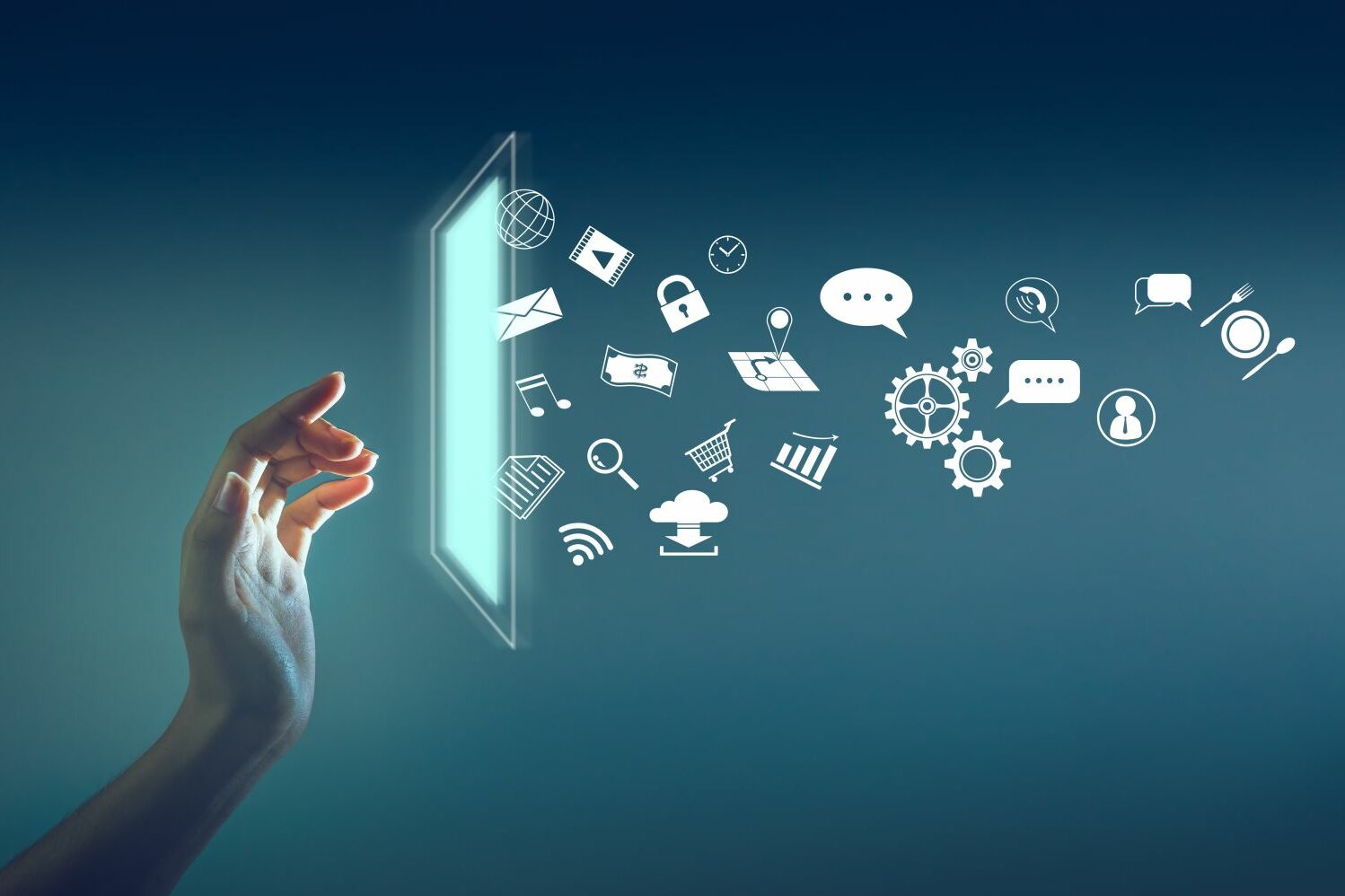
MS in Internet of Things
A graduate program in the Internet of Things from Drexel University prepares professionals for applying the needed combination of skillsets for this emerging discipline.
Duration
2 years (Full-time)
3 or 4 years (Part-time)
Starting Date
January, March, June, September
Tuition Fee
$ 1,342 per credit
Location
Philadelphia, United States
About the program
The future envisioned by the Internet of Things (IoT) is one in which a high density of networked devices are collecting and processing data.
Diverse applications are impacting areas such as personal health monitoring to improve quality of life, intelligent transportation and smart mobility systems, energy efficient smart buildings, and environmental sensing of a changing world at a campus or city scale. A Master’s in IoT will prepare you to explore the possibilities for developing and applying this technology towards these new and emerging areas.
As a student you will gain a deep knowledge in analytics, sensors, wireless communications, and networks to grow into an expert that can ideate, design, develop, test, and debug the applications of IoT technology.
This program from Drexel University will give you the tools that you will need to advance your career or entrepreneurial ambitions in industry or provide a foundation for future PhD research in engineering or a related field.
Why choose Drexel for your Master’s in the Internet of Things?
Drexel is one of only a handful of schools offering a Master’s degree in the Internet of Things.
The program deepens fundamental knowledge of core areas of electrical and computer engineering, with the ability to customize your curriculum with topics such as wireless communications and networks, machine learning and data analytics, sensor and embedded systems, radio frequency electronics, as well as entrepreneurship and engineering management of new ventures. Students can also apply unique, hands-on, laboratory-based coursework towards their degree.
Through rigorous analysis and exploration, students emerge prepared to take on the demands of this entrepreneurial field or continue study in a doctoral program.
Career Opportunities
A graduate program in the Internet of Things prepares you for a career path that could include continuing your education in a PhD program or pursuing advanced technical, research or management positions in telecommunications companies, high-tech industries, electronics manufacturing, security, utilities, urban planning, automation or robotics.
The number of IoT devices is projected to grow exponentially to many billions of devices with an anticipated market of hundreds of billions of dollars, driving the demand for experts in the field.
Curriculum
- The world envisioned by the Internet of Things (IoT) includes high densities of sensors and actuators all communicating with one another to collect and process data for a wide variety of applications. In the context of future smart cities, applications can be envisioned at the personal scale, building scale, and campus/city scale.
- Personal scale IoT technologies include new wearables for medical applications including respiration monitoring, contraction monitoring, and new wearable actuation systems for telemedicine applications.
- Building scale IoT technologies include intelligent lighting, occupancy sensing, and smart ventilation control for energy efficient residential and commercial buildings. City scale IoT technologies include new sensors for environmental sensing such as air, water, and soil quality sensors as well as structural health monitoring for major urban infrastructure like buildings and bridges.

